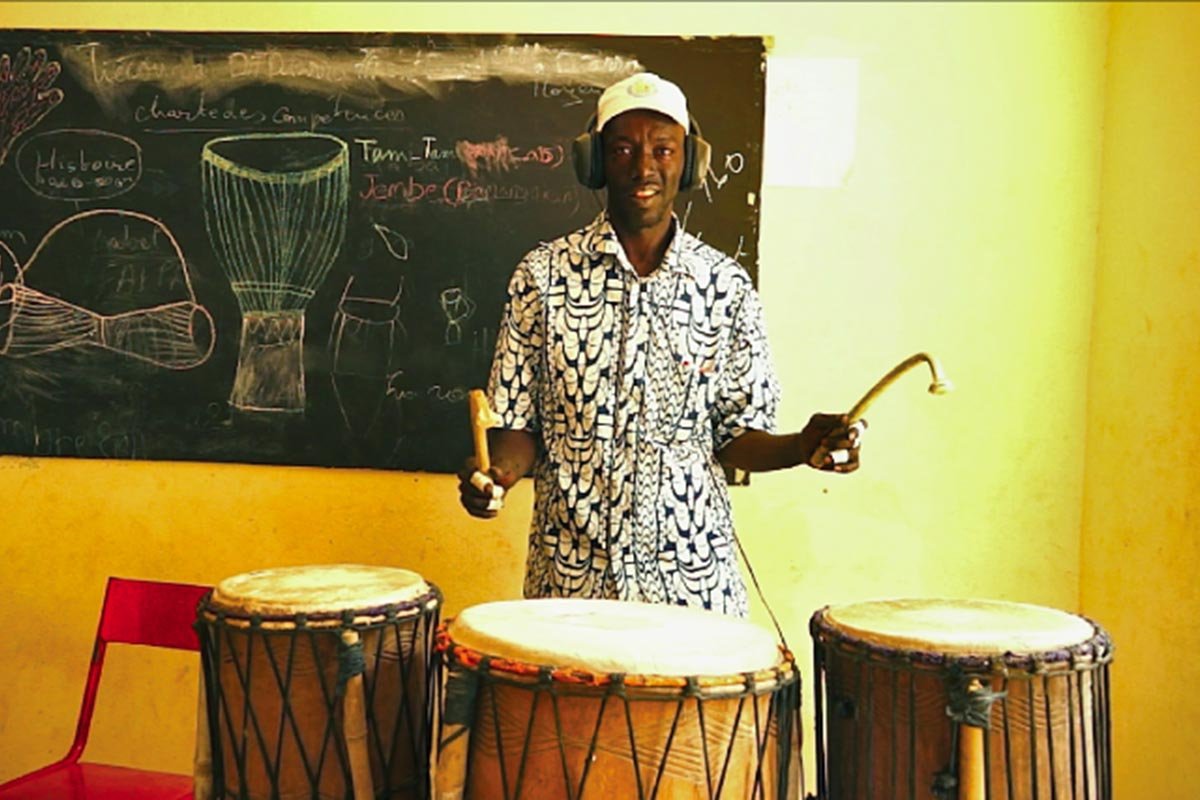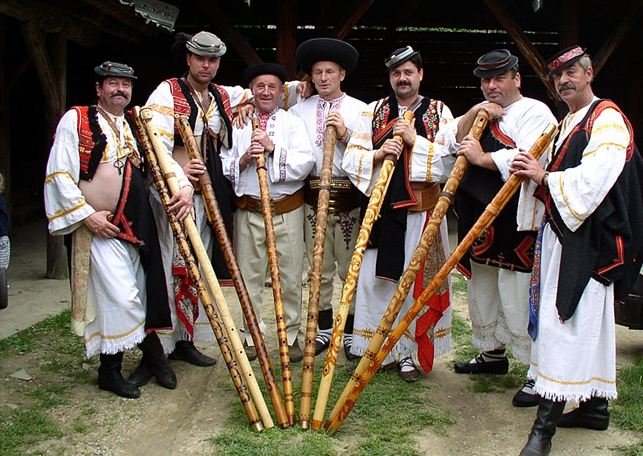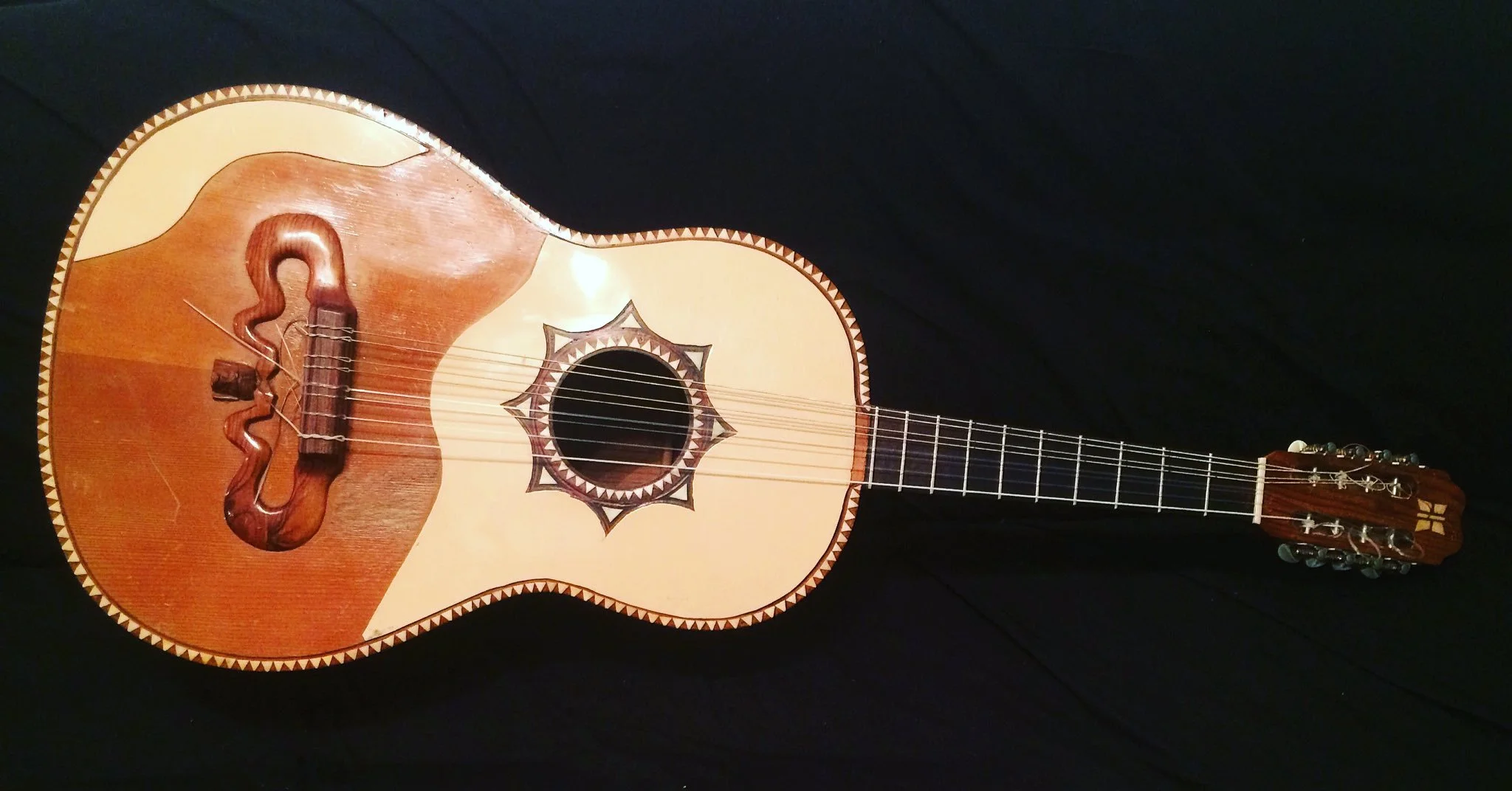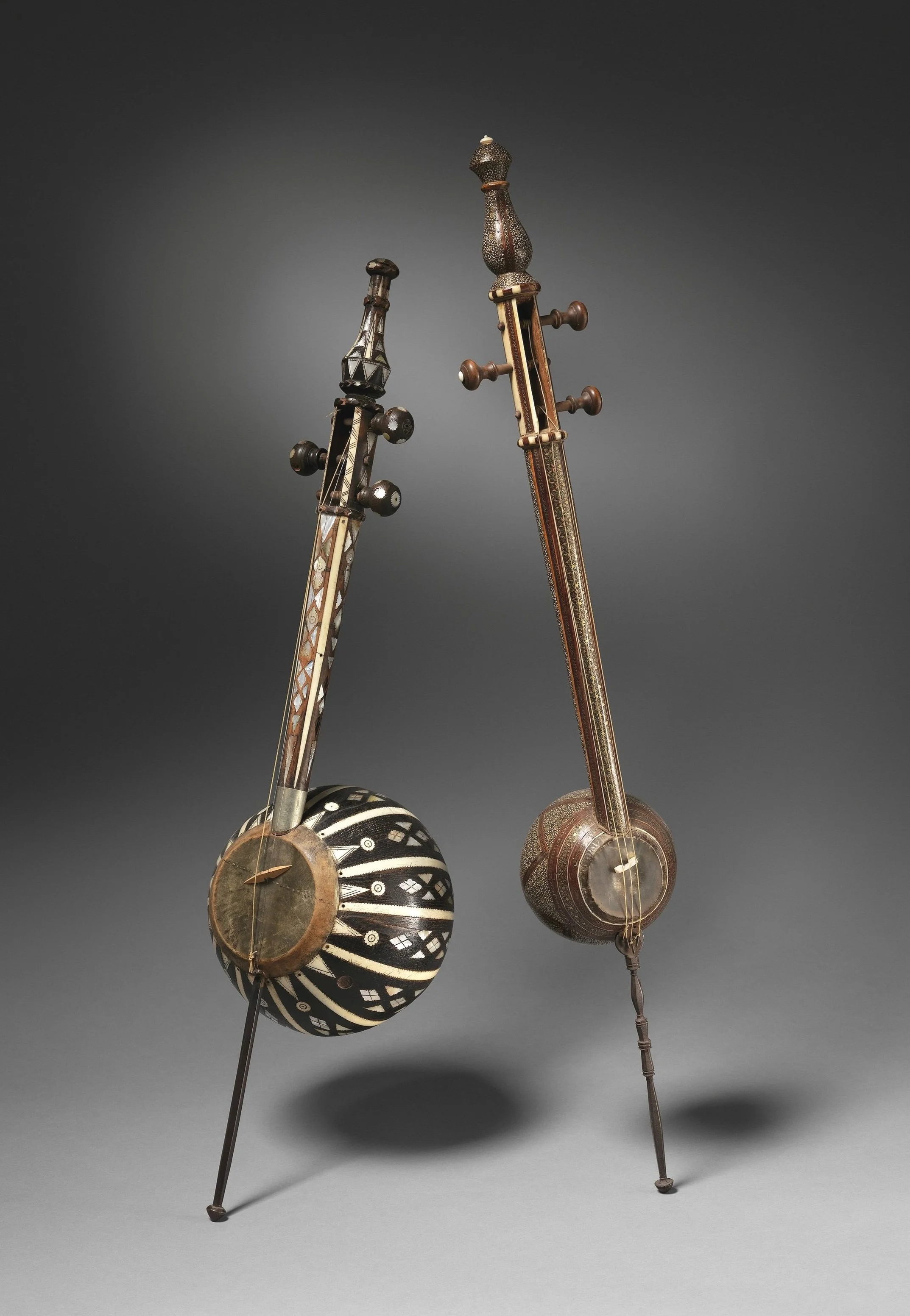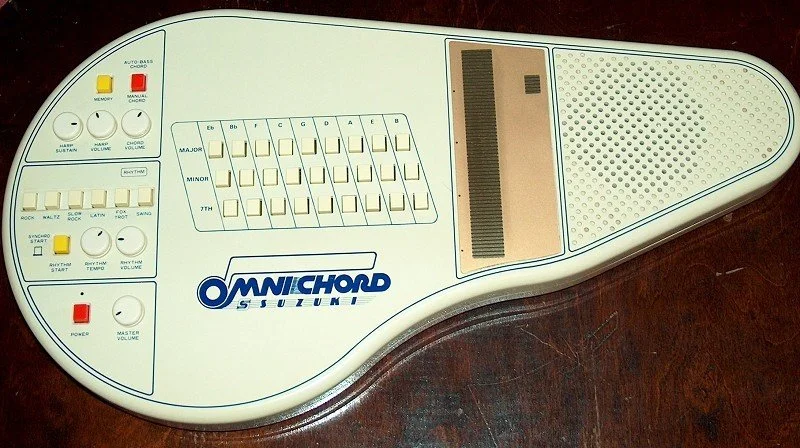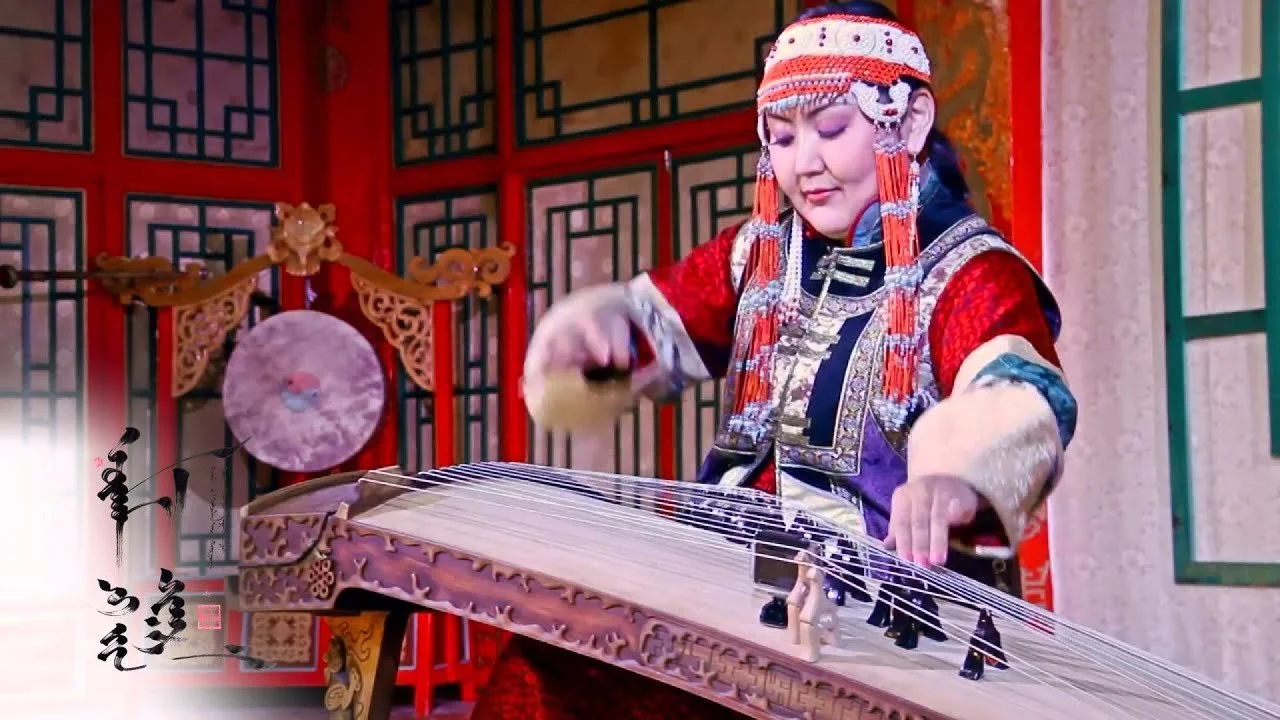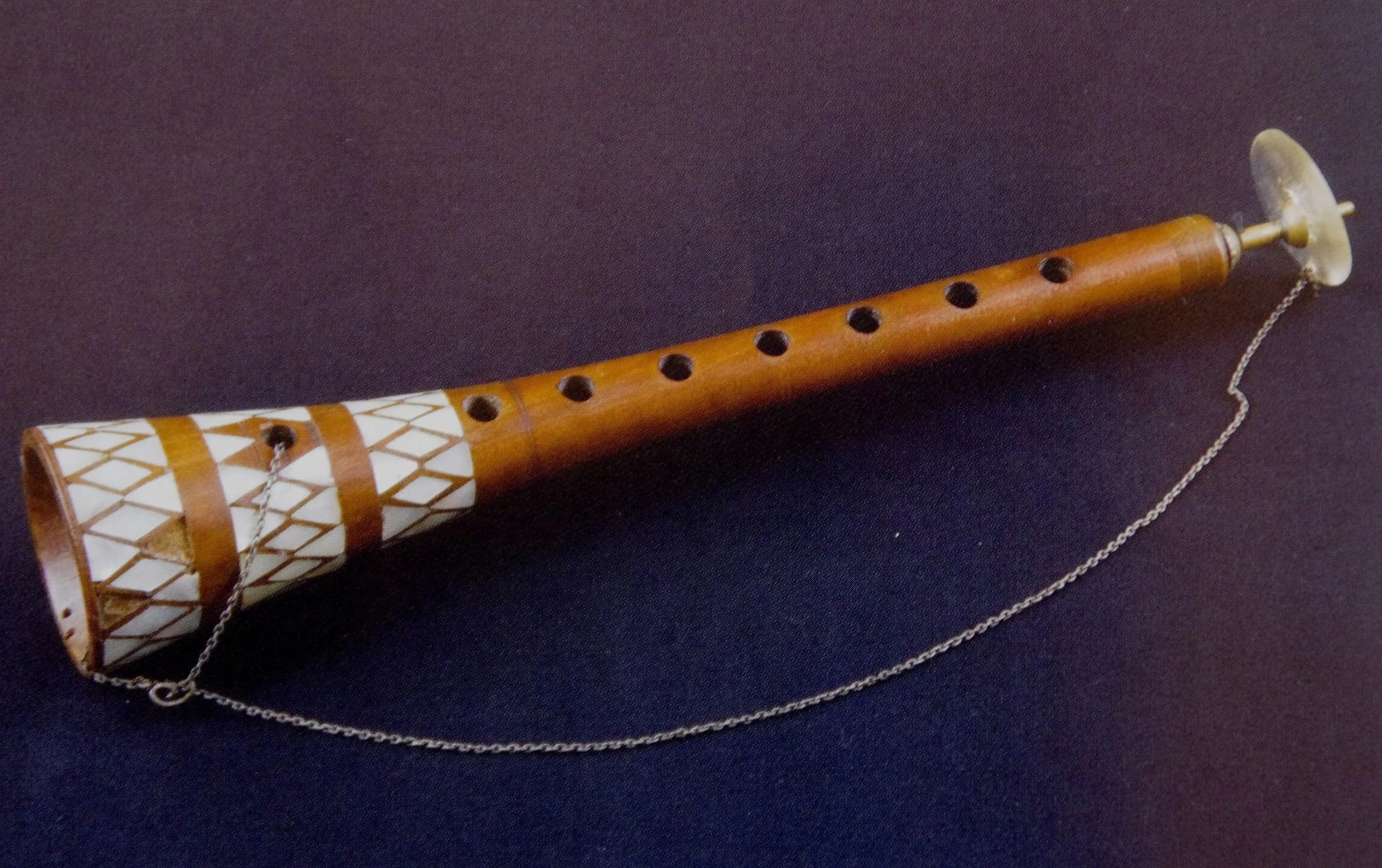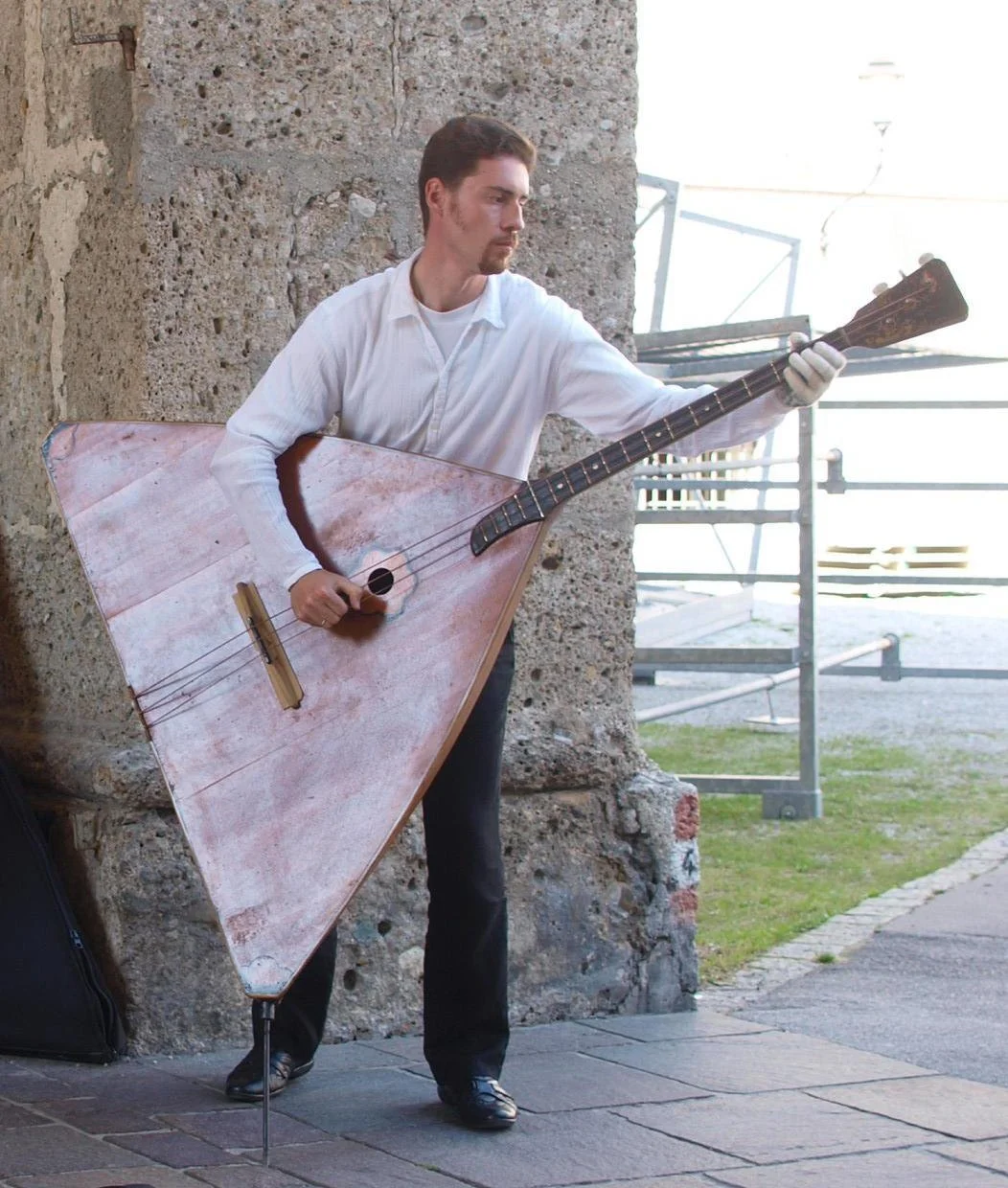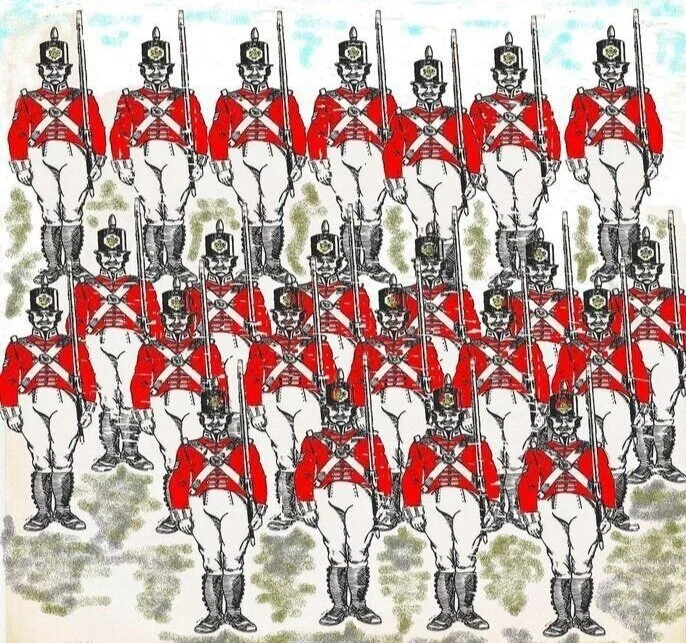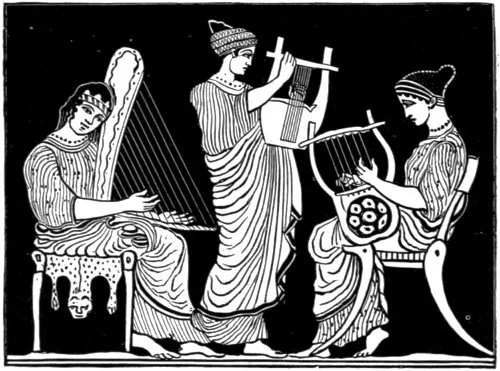Word of the week: These evocative, onomatopoeic variants are generic names for a family of West African talking drums, particularly in the Yoruba culture of Nigeria, Guinea, talking drums that mimic human speech, rope-tuned and cylindrical with a rawhide skin at both ends, and played with a stick
Read moreWord of the week: dundun / dunun / doundoun
A dundun set of three drums from the Playing For Change Foundation

